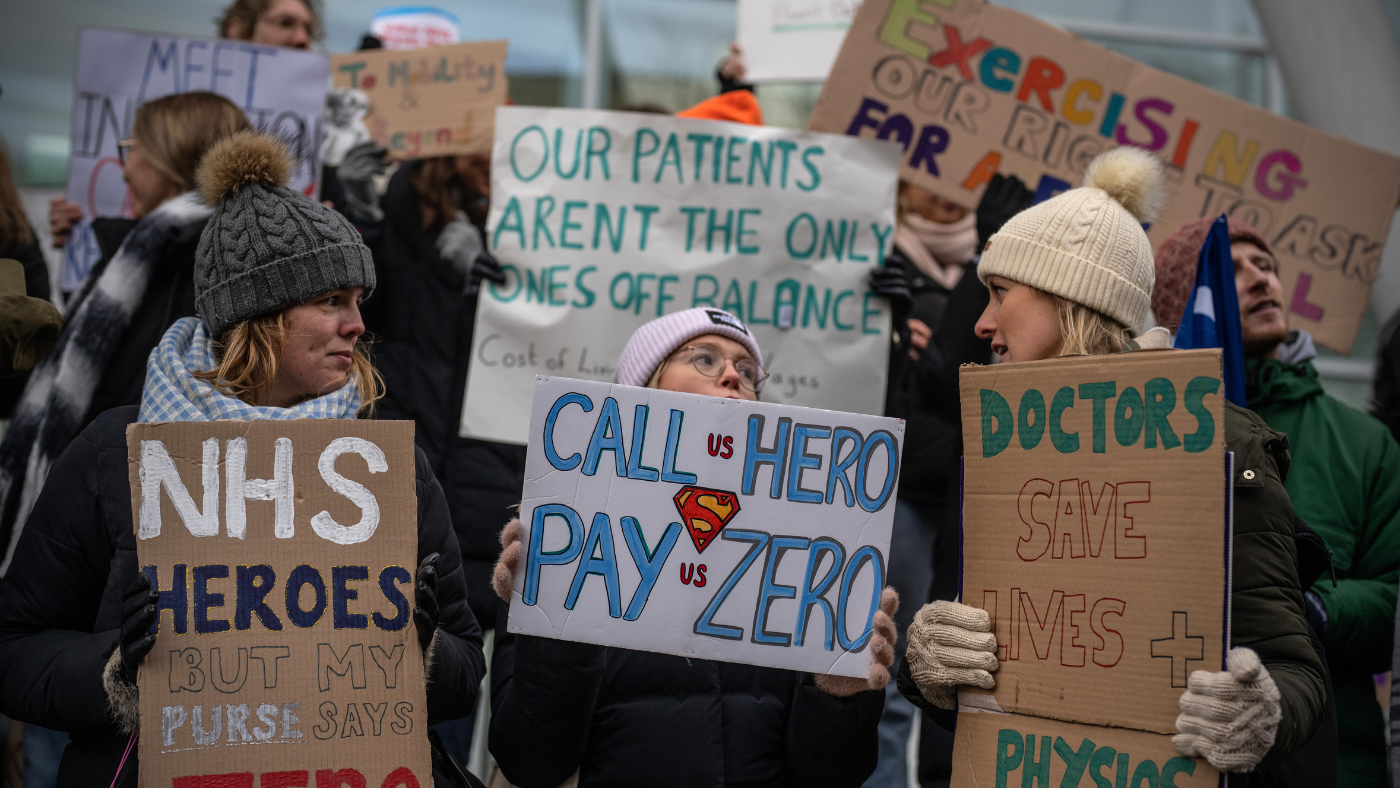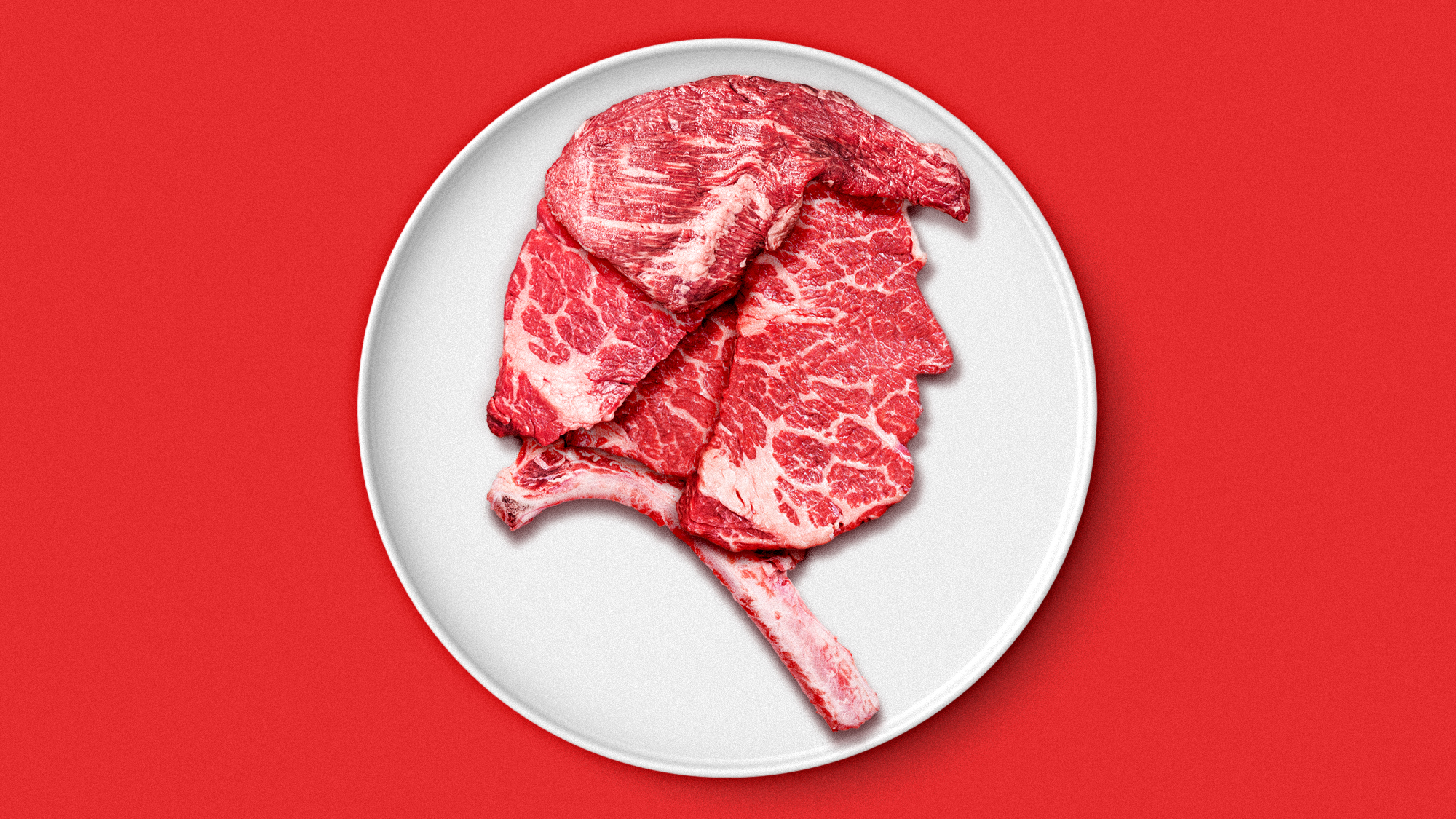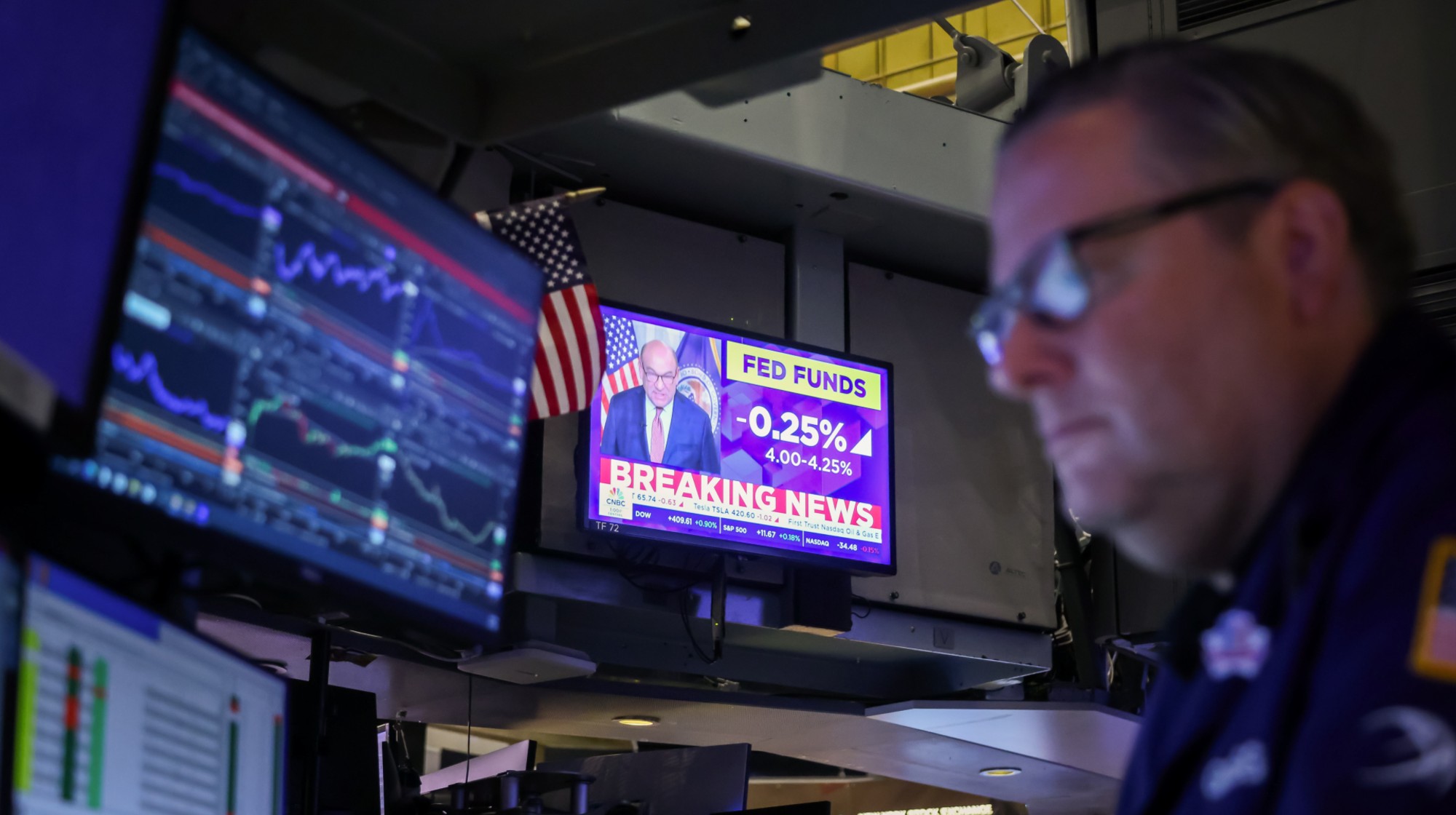Public sector pay and inflation: what’s the link?
Economists say government warnings of wage-price spiral are overblown

A free daily email with the biggest news stories of the day – and the best features from TheWeek.com
You are now subscribed
Your newsletter sign-up was successful
Thousands of nurses and ambulance staff are striking today in the biggest round of industrial action by NHS workers in the health service’s 75-year history.
With disruption planned across public services throughout February, trade unions and the government are locked in disputes over pay and working conditions. Ministers argue that raising public sector pay in line with inflation could lead to a wage-price spiral – a “perpetual loop” of price hikes leading to wage hikes that further increase prices, said Sky News.
But latest official data shows that workers are suffering significant salary cuts in real terms.
The Week
Escape your echo chamber. Get the facts behind the news, plus analysis from multiple perspectives.

Sign up for The Week's Free Newsletters
From our morning news briefing to a weekly Good News Newsletter, get the best of The Week delivered directly to your inbox.
From our morning news briefing to a weekly Good News Newsletter, get the best of The Week delivered directly to your inbox.
Spiralling wages
Rishi Sunak insisted last week that he would “love” to give nursing staff “a massive pay rise”. But the government is facing tough “choices” about how best to distribute the “record amount of money” being pumped into the health service, with recruitment and resources among the priorities, the prime minister told Piers Morgan during an interview on TalkTV.
The government’s key concern is that a wage-price spiral could cause “entrenched inflation”, said Paul Whiteley, a professor of government at Essex University, on The Conversation. The fear is that rising prices will “prompt increased pay settlements, which in turn produce further price rises, wage increases, and so on”.
Jeremy Hunt warned last month that the government “must not do anything that risks permanently embedding high prices into our economy, which will only prolong the pain for everyone”. Rather than raise public sector wages in line with inflation, the chancellor tweeted, the “single best way to help people’s wages go further is to stick to our plan to halve inflation this year”.
Matthew Lynn argued in The Telegraph in November that while “no one should blame” unions for fighting for pay raises for their members, “decisions that make perfect sense at the individual level can add up to a catastrophe when everyone is doing the same thing”. A wage-price spiral could prove “very” bad – and once it gets going, “it is incredibly hard to stop”, he added.
A free daily email with the biggest news stories of the day – and the best features from TheWeek.com
Miscalculations?
According to the Office for National Statistics (ONS), average total pay rose by 6.4% between September and November last year.
But with inflation so high, workers are suffering “one of the biggest pay cuts in real terms that we’ve seen this century”, said the BBC’s economics correspondent Andy Verity.
Adjusted for inflation, real-term wages fell by 2.6%, one of the “largest falls in growth since comparable records began in 2001”, said the ONS.
Economists say that increasing public sector pay would not necessarily increase inflation. “Reasonable” agreements could “easily solve the present impasse”, said Whiteley on The Conversation, “without triggering a wage-price spiral”.
The Guardian’s economics writer Phillip Inman said the wage-price spiral “is an academic concept based on a theory of inflation expectations” rather than “empirical evidence”.
Alex Bryson, professor of quantitative social science at University College London, told Sky News that the government was “missing much of the bigger picture – unemployment and shrinking of the size of the economy”. The “chief reason” that inflation has risen so rapidly was “not wage-push but Covid-induced restraints”, he said, and energy prices and the ongoing conflict between Russia and Ukraine have further contributed to the UK’s economic instability.
The government’s position “looks like it’s based on both bad economics and bad politics”, Whiteley agreed. The reality is that there is “little prospect” of wage inflation while the public sector faces significant labour shortages.
And Sunak’s stance “does not seem like a winning strategy” in political terms either, he added. “Many voters think the government is basically hostile to the public sector”, an impression that “could strengthen” in the run-up to the next general election.
Julia O'Driscoll is the engagement editor. She covers UK and world news, as well as writing lifestyle and travel features. She regularly appears on “The Week Unwrapped” podcast, and hosted The Week's short-form documentary podcast, “The Overview”. Julia was previously the content and social media editor at sustainability consultancy Eco-Age, where she interviewed prominent voices in sustainable fashion and climate movements. She has a master's in liberal arts from Bristol University, and spent a year studying at Charles University in Prague.
-
 Palestine Action and the trouble with defining terrorism
Palestine Action and the trouble with defining terrorismIn the Spotlight The issues with proscribing the group ‘became apparent as soon as the police began putting it into practice’
-
 Why is the Trump administration talking about ‘Western civilization’?
Why is the Trump administration talking about ‘Western civilization’?Talking Points Rubio says Europe, US bonded by religion and ancestry
-
 Quentin Deranque: a student’s death energizes the French far right
Quentin Deranque: a student’s death energizes the French far rightIN THE SPOTLIGHT Reactions to the violent killing of an ultraconservative activist offer a glimpse at the culture wars roiling France ahead of next year’s elections
-
 Will Trump’s 10% credit card rate limit actually help consumers?
Will Trump’s 10% credit card rate limit actually help consumers?Today's Big Question Banks say they would pull back on credit
-
 What will the US economy look like in 2026?
What will the US economy look like in 2026?Today’s Big Question Wall Street is bullish, but uncertain
-
 Is $140,000 the real poverty line?
Is $140,000 the real poverty line?Feature Financial hardship is wearing Americans down, and the break-even point for many families keeps rising
-
 Fast food is no longer affordable for low-income Americans
Fast food is no longer affordable for low-income AmericansThe explainer Cheap meals are getting farther out of reach
-
 Why has America’s economy gone K-shaped?
Why has America’s economy gone K-shaped?Today's Big Question The rich are doing well. Everybody else is scrimping.
-
 From candy to costumes, inflation is spooking consumers on Halloween this year
From candy to costumes, inflation is spooking consumers on Halloween this yearIn the Spotlight Both candy and costumes have jumped significantly in price
-
 Why are beef prices rising? And how is politics involved?
Why are beef prices rising? And how is politics involved?Today's Big Question Drought, tariffs and consumer demand all play a role
-
 Fed cuts interest rates a quarter point
Fed cuts interest rates a quarter pointSpeed Read ‘The cut suggests a broader shift toward concern about cracks forming in the job market’